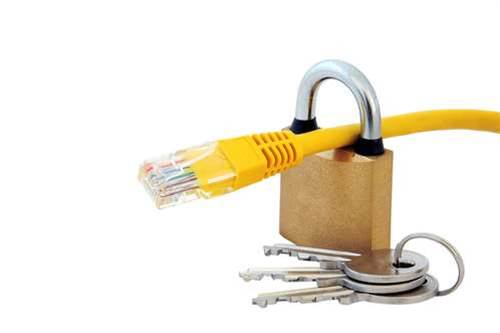Labor's proposed ISP-level internet filter would only serve to "make people feel comfortable" rather than improve cyber-safety at schools, a Catholic Education Office ICT manager has said.

According to Michael Haigh, the Office's ICT manager in the archdiocese of Canberra and Goulburn in southern NSW, ISP-level filtering would not lessen the need for web filtering systems at schools.
"We do it [content filtering] ourselves; we don't need an ISP to do it for us," Haigh told iTnews. "And even if there was someone doing it for us, we'd still want to do it ourselves."
In its submission to the Joint Select Committee on Cyber-safety, the Catholic Education Office of Canberra and Goulburn said it had a designated service area that managed cyber-safety on behalf of schools.
Haigh said the Office used an eight-year-old myinternet ICT software suite for content management, mail and content filtering at 50 primary schools.
The software was hosted in Sydney's Global Switch data centre, and accessed via either the Catholic Network Australia's 100Mbps Telstra network, or the AARNet network.
The Catholic Education Office of Canberra and Goulburn was also in the "exploratory" stages of plans to replace the aging myinternet suite by the end of 2011.
Haigh said the Office was in discussions with the Catholic Education Network (CENet) and dioceses in NSW and QLD about establishing a system that could be used by 1,600 schools nationwide.
He said the current software suite was cheaper than separate school-level systems might have been. A centralised, nationwide system could enable even greater economies of scale.
The new system would also involve more specialised software to replace the various components of the myinternet suite.
"We are looking at moving on from myinternet," he said. "We're looking at what the options for a new learning management system are. The options could work anywhere from a diocese, state or territory, or school-level."
Although the software was flagged to be replaced two years ago, coordinating inter-diocese discussions was a challenge, Haigh said.
"Getting all of them to agree and getting all of their bishops to agree to sign up [was challenging]," Haigh told iTnews.
Echoing the views espoused by some industry members and political parties, Haigh said children's cyber-safety hinged on education rather than technological solutions.
"That [a filter] just makes people feel comfortable," he told iTnews. "Any smart kid will figure out how to get past it."
Haigh urged parents to be engaged in their children's online activities, noting that children faced greater risks from cyber-bullying than from pornography.
"They need to know what their kids are getting up to, rather than what they accidentally hit," he said.


.png&h=140&w=231&c=1&s=0)
_(20).jpg&h=140&w=231&c=1&s=0)







 iTnews Benchmark Awards 2026
iTnews Benchmark Awards 2026
 iTnews Executive Retreat - Security Leaders Edition
iTnews Executive Retreat - Security Leaders Edition
 iTnews Cloud Covered Breakfast Summit
iTnews Cloud Covered Breakfast Summit
 The 2026 iAwards
The 2026 iAwards












_(1).jpg&h=140&w=231&c=1&s=0)



